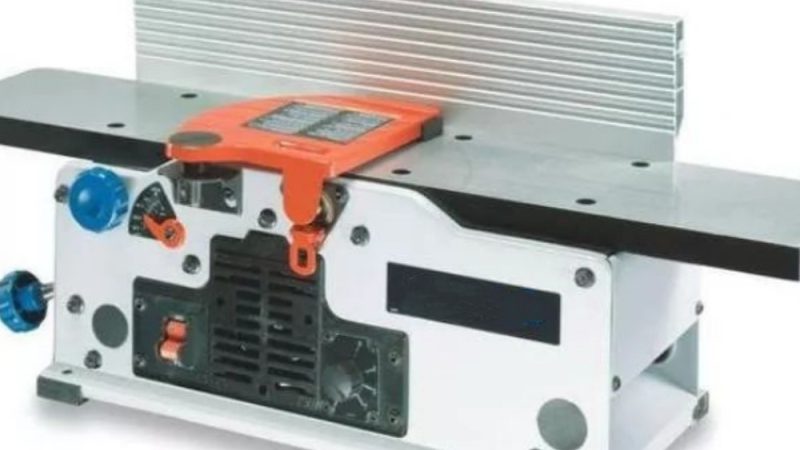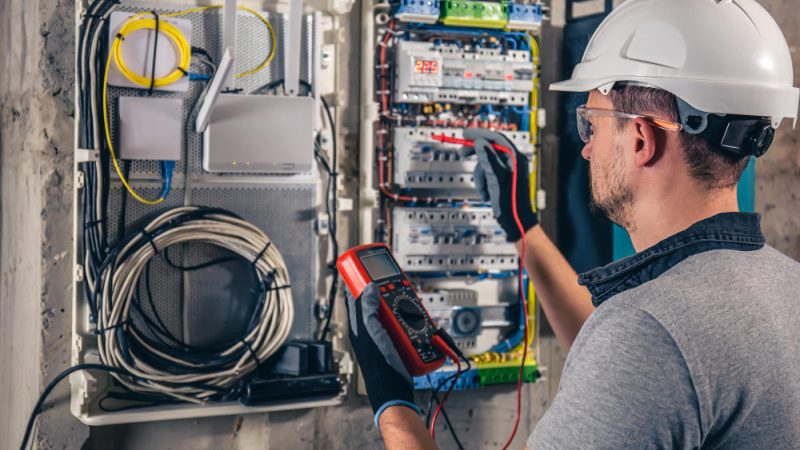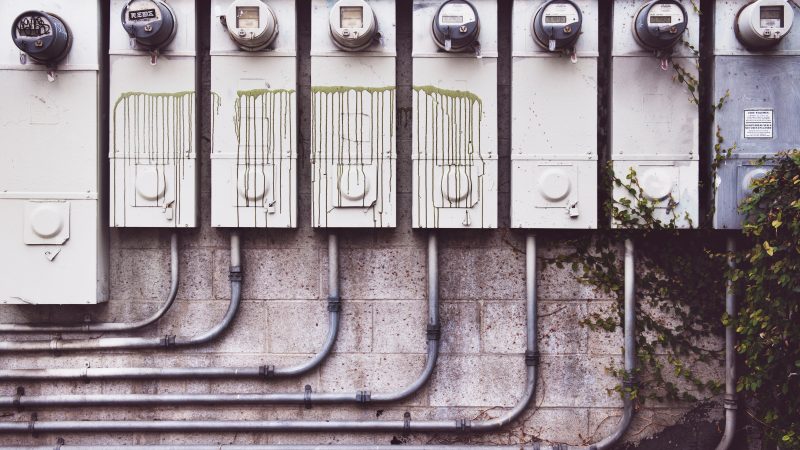Hydraulic vs. Electric Winch: What You Need to Know
Winches have been the unsung heroes of many industries for a long time. They help us lift heavy weights, pull our off-road vehicles out of tight spots, and serve many other purposes. When considering which winch to purchase, the debate often boils down to the power source: hydraulic or electric. Let’s dive into the differences between these two and try to decipher which might be a better fit for you.
1. The Mechanism and Power Source
Hydraulic Winch: Driven by the vehicle’s power steering pump, a hydraulic winch uses fluid motion to create force. It requires the engine to be running to provide this power. When you’re knee-deep in mud or navigating rough terrains, this can be both an advantage and a disadvantage. Being powered by the vehicle’s engine means that as long as the engine runs, the winch will too, providing consistent and powerful pulls over extended periods. However, if the engine fails, the winch becomes unusable.
Electric Winch: This winch relies on the vehicle’s battery as its primary power source. An electric winch offers the advantage of quick and easy installation and can be used even if the vehicle’s engine is turned off. But, remember that prolonged use can drain the battery, potentially leaving you in a tricky situation.
2. Durability and Performance in Varied Conditions
Hydraulic winches are beasts when it comes to durability and performing under constant strain. Given their reliance on fluid power, they can maintain a consistent pull without overheating. This makes them an ideal choice for heavy-duty tasks and commercial applications where long-duration pulls are common.
On the flip side, electric winches are better suited for intermittent use. They tend to overheat when used continuously but are perfect for the occasional rescue operation or short-term tasks. Their performance is generally swift, making them popular among off-road enthusiasts and those looking for quick solutions.
3. Installation and Maintenance
Electric winches win the convenience game here. Generally easier to install, they come as a more plug-and-play solution, making them an attractive option for DIY enthusiasts. Maintenance is minimal, but it’s essential to keep an eye on the battery’s health.
Hydraulic winches require a more complex setup since they tie into the vehicle’s hydraulic system. This might necessitate professional installation. They also require regular checks on the hydraulic fluid and system health. However, once set up, their rugged design can mean fewer breakdowns in the long run.
4. Cost Implications
When it comes to your pocketbook, there’s a noticeable difference between these two types of winches.
Electric Winches: Generally, electric winches have a lower initial cost, which is why they are more popular among casual users and off-road hobbyists. However, remember that you might face additional costs if you need to upgrade your vehicle’s battery or alternator to support the winch’s power needs, especially for the larger models.
Hydraulic Winches: They come with a heftier price tag, primarily due to their robust design and integration with the vehicle’s hydraulic system. While the initial investment is more substantial, they might prove more cost-effective in the long run, particularly for commercial or industrial users, due to their durability and minimal maintenance needs.
5. Flexibility and Portability
Electric Winches: One notable advantage of electric winches is their relative portability. Some models are designed to be removable, allowing users to switch them between vehicles or store them away when not in use. This flexibility is especially beneficial for those who don’t need a winch daily but want to have one handy for occasional tasks or adventures.
Hydraulic Winches: Given their integration with the vehicle’s hydraulic system, they’re more of a permanent fixture. This lack of portability means once it’s installed, it’s there to stay. It’s a solid, unwavering commitment, suitable for those who require a winch’s services regularly.
6. Energy Efficiency and Environmental Concerns
In our ever-growing eco-conscious society, the energy efficiency and environmental impact of tools and gadgets are significant considerations.
Electric Winches: These are inherently more energy-efficient. They draw power only when in use and can be turned off completely when not needed, ensuring no unnecessary energy drain. However, there is the indirect environmental cost of electricity generation, especially if non-renewable energy sources power the vehicle’s battery.
Hydraulic Winches: Their energy efficiency is a bit more nuanced. While they can be incredibly efficient during operation due to the nature of fluid power, the engine needs to be running for the winch to operate, which could lead to increased fuel consumption and emissions during idle periods.
7. Safety Considerations
Both winches come equipped with safety features, but the nature of their operation presents different safety considerations.
Electric Winches: These come with built-in circuit breakers or fuses to prevent electrical overloads. The risk lies in potential electric failures or malfunctions, leading to sudden stops or uncontrolled winching. Regular inspections and ensuring the battery and electrical connections are in top shape can mitigate these risks.
Hydraulic Winches: Given their reliance on fluid power, there’s less risk of sudden failures. However, leaks in the hydraulic system can compromise their performance and safety. It’s crucial to frequently check the system for any signs of wear or leakage.
In Conclusion
The debate between hydraulic and electric winches isn’t about finding a definitive winner but understanding which system aligns best with your needs. If you prioritize durability, long-term usage, and have the budget for it, a hydraulic winch might be your best bet. If you’re after a more cost-effective, flexible, and easy-to-install solution for occasional tasks, an electric winch could be your perfect companion.
Remember, the essence of choosing the right winch lies in understanding your requirements, the frequency of use, and the environment you’ll be operating in. With this knowledge in hand, you’re well-equipped to make an informed decision that will serve you well for years to come. Whether you lean towards the power of hydraulics or the convenience of electricity, ensure regular maintenance and safety checks, and your winch will be a trusty ally in all your endeavors.





